Average sizes and life expectancy for this breed:
The long-haired Chihuahua is considered to be one of the most ancient dog breeds. They are very affectionate and passionately loyal to their owners. These dogs aren’t fazed by their small size; they are bold, outgoing, and very playful!
These dogs are highly active and very keen learners. Dog owners adore the sweet nature of these miniature canines. They will happily curl up on your lap or under blankets after a long day. They are also just as happy to dash around the garden with you.
Unlike the short-haired variety of this breed, long-haired Chihuahuas are fairly resistant to cold temperatures. However, they should still be protected in harsh, chilly conditions. They do well in both apartments and large houses and will continuously shower you with affection if allowed.
These dogs have a flat or slightly wavy coat that comes in a range of colours from fawn to shiny black. They stand with a graceful alertness that is exaggerated by their pointed ears and large round eyes. These playful characters can make you fall in love with them with just one look.
See available puppies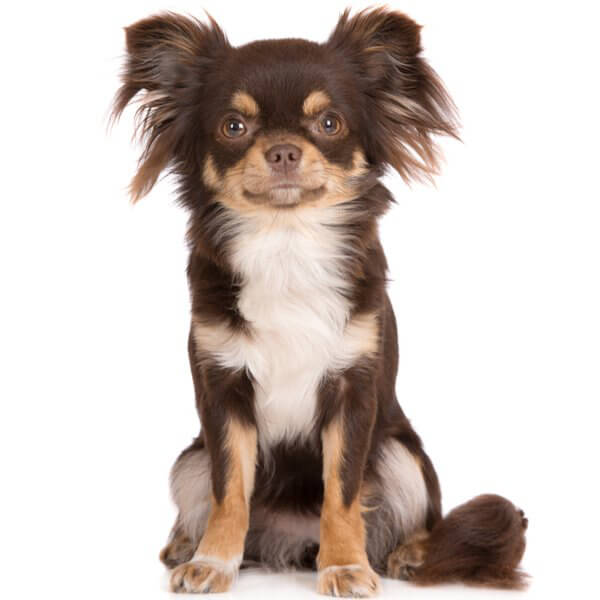

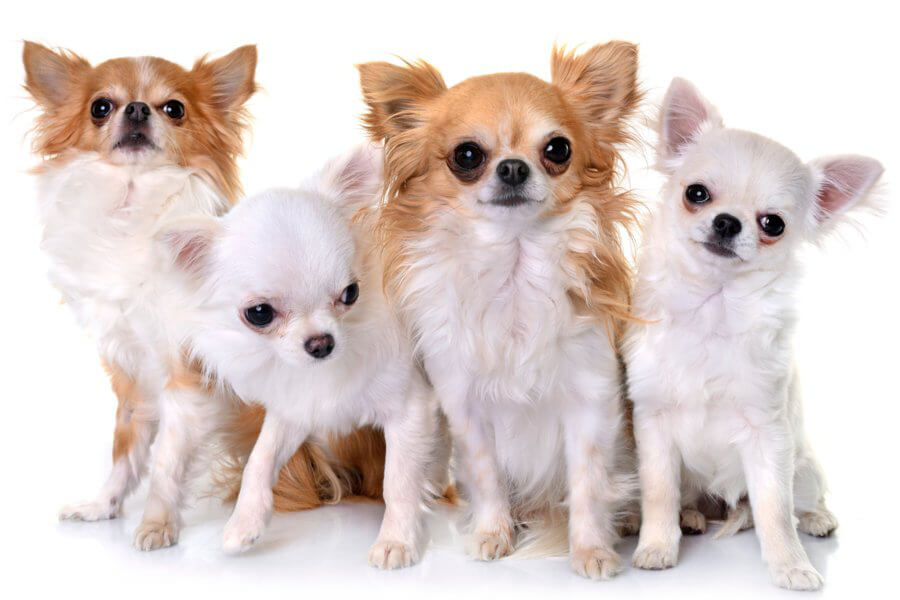


The Long-haired Chihuahua is believed to be a descendent of the Techichi which originated in Mexico. This breed was a larger dog with Chihuahua-like pointy ears. When the Aztecs arrived during the 11th century, they bred these dogs with the Xoloitzcuintli (the Mexican Hairless Dog) which led to the production of the Chihuahua we know today. This theory on the origins of the Chihuahuas is backed up by the discovery of dog burials that date back to 300 BC.
These dogs were highly prized by the Aztecs. In fact, it was believed that if an Aztec noble died, then their Chihuahua would need to be sacrificed and buried or cremated with its owner. They believed that the spirit of the Chihuahua would protect the soul of the dead noble in the afterlife.
However, some people believe that the dog breed first appeared either in Spain or Malta. This is because of similar looking dogs that appeared in paintings and murals at that time. These images were done before Christopher Columbus returned from his expedition to the "New World". This means that Chihuahuas existed in both regions of the world before his impressive expeditions across the Atlantic.
By the 1800s, breeders in the US began to take notice of this breed. Surprisingly, most of the imported Chihuahuas at that time were long-coated varieties, rather than the more popular short-coated types. In the early years, many people believed that the long-haired Chihuahua was a result of cross-breeding with Papillons and Pomeranians. However, this has proven to be false. Both the long-haired and short-haired Chihuahuas are natural versions of this breed.
These dogs remained relatively rare in the rest of the world until the 1900s. They then shot to fame, especially after being featured on television shows in the 1960s.
The Chihuahua was first recognised by the American Kennel Club in 1904 and the Chihuahua Club of America was founded in 1923. The British Chihuahua Club was founded some years later in 1947 by Marjorie Fearfield.
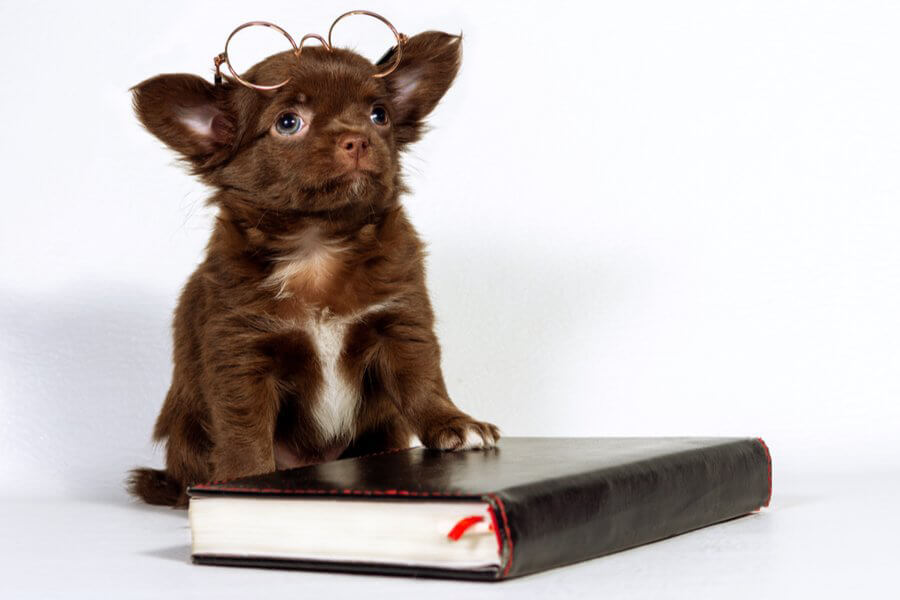
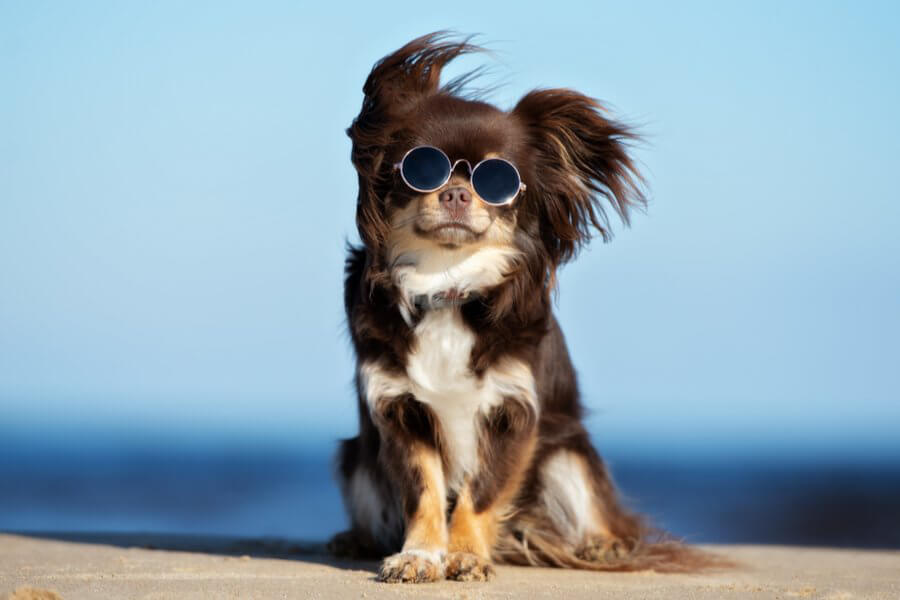
Chihuahuas are small, compact, and muscular dogs. They have well-rounded heads with short, slightly pointed muzzles and distinct jaw lines. They also have well-defined stops that add to their overall charming appeal. They have a sturdy jawline with their upper teeth tightly overlapping their lower ones.
A Chihuahua’s eyes are large and round. They are set well apart on the head and can be dark or ruby in colour. However, light-coloured eyes are accepted under the UK breed standard in lighter coloured long-haired Chihuahuas.
Their ears are big and flare out on the head. They hold their necks somewhat curved and their shoulders are well-laid back. The front legs are straight and set under the chest, which gives them a lot of free movement.
A Chihuahua's feet are very tiny with well-divided toes and well-cushioned paw pads. Their tails are medium in length and set high over their backs, spreading out like a plume.
A long-haired Chihuahuas coat is soft to the touch and has a natural luster. Undercoats and ruffs are permitted as a breed standard. The coat can be flat and straight or slightly wavy but never curly. These dogs have plenty of feathering around the ears, feet, legs, hindquarters, and around the neck.
These dogs come in a wide variety of coat colours. The only colour not accepted under the UK breed standard is dappled (merle).
The long-haired Chihuahua is famed for its loyalty, intelligence, and lively character. They make ideal pets for people from all walks of life, from apartment living to large countryside homes.
These little dogs have big personalities and they adore being around their favourite people. They are highly protective which can make them appear a bit boisterous at times. However, with appropriate training, they will become an integral and beloved member of the family. It's the Chihuahuas charming zest for life that makes people fall in love with these little characters again and again.
This breed’s small size and cute appearance has made them popular as ‘handbag’ dogs. However, it's important to note that these dogs need training, guidance, routine, and socialisation just like other dogs to make sure they grow into well-mannered adults.
These dogs are known to be very vocal with their opinions. However, this is considered to be an endearing trait as long as it’s kept in check with regular training. These dogs love to be heard! Despite their small size, Chihuahuas love a good energetic play session too. Tug of war seems to be a favourite of these dogs.
It’s worth noting that Chihuahuas can be a bit nervous in new surroundings. So, always introduce new places and people slowly and carefully.
Bold, loyal, and fun-loving, you will never be bored with a Chihuahua companion around! They are often compared to young children as they remain playful throughout their lives. They also love a good cuddle with their favourite person.
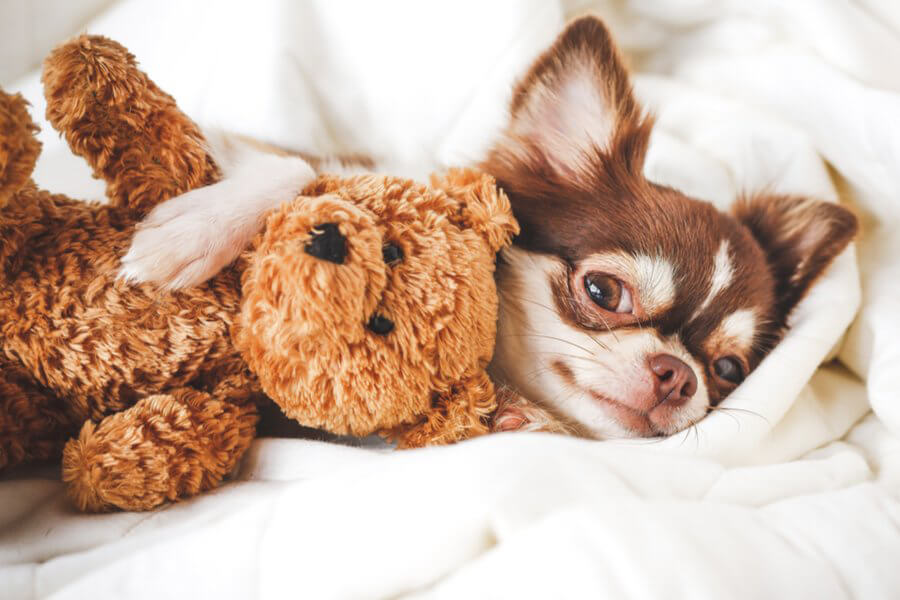
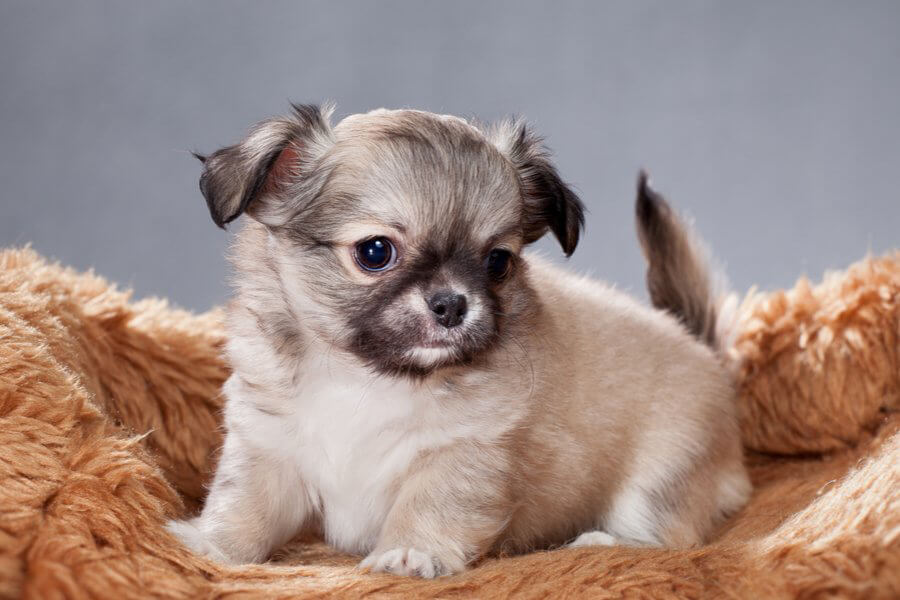
Chihuahuas are very intelligent little dogs. However, their training does need to begin early. It’s vital for puppies to be socialized at a young age for them to develop into well-balanced dogs. A set routine is a great way to train your Chihuahua, combined with positive reinforcement training methods.
These dogs do have a bit of a stubborn streak which can make them difficult to housetrain. Patience and consistency are key to successfully training a long-haired Chihuahua.
Due to their intelligence, Chihuahuas love to be mentally stimulated with games and puzzles. Treats also work well when it comes to training but make sure you don’t give too many as Chihuahuas are prone to obesity.
Alongside standard commands such as ‘go potty’, ‘sit’, and ‘stay’, you may also want to teach your Chihuahua a ‘quiet’ command. These dogs are easily distracted and will alert you to any changes in their surroundings.
They are also naturally cautious about strangers touching them. A great way to make them feel more comfortable about being touched is to teach them to touch your hand with their nose. Always train a Chihuahua in a quiet, calm environment to prevent too many distractions which may hinder progress.
Grooming isn’t too taxing with the long-haired Chihuahua. A comb through once or twice a week should be enough. When you bathe your Chihuahua, make sure the water in the bath is less than 4 inches deep because of their small size. A non-slip mat in the bath will also be beneficial. It’s worth noting that Chihuahuas are susceptible to the cold so it's best to wrap them in a towel to dry them after a bath.
The fur around a Chihuahuas feet and toes can become troublesome if it gets too long. So, the occasional trim may not be a bad idea. You can utilise the skills of a professional groomer if you’re not sure how to do this.
Check their ears regularly for any signs of infection which can include redness, swelling, and excess dirt. You can clean them out by using a damp cotton wool ball and a vet-approved ear cleaner.
When grooming, it's also a good idea to check your long-haired Chihuahua’s body over for any sores, cuts, abnormal lumps, redness, or dry skin patches. Picking up on these signs early will help you to detect any potential health conditions.
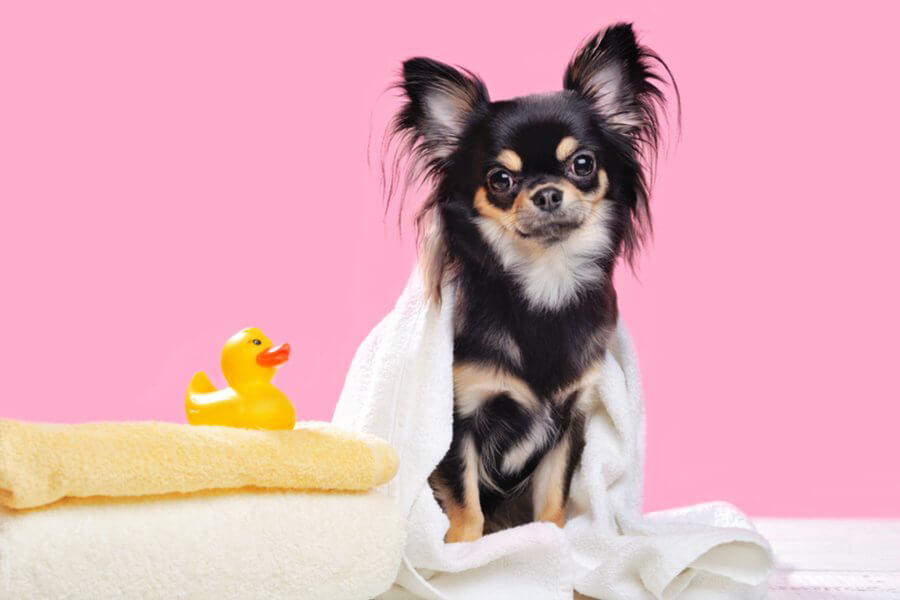
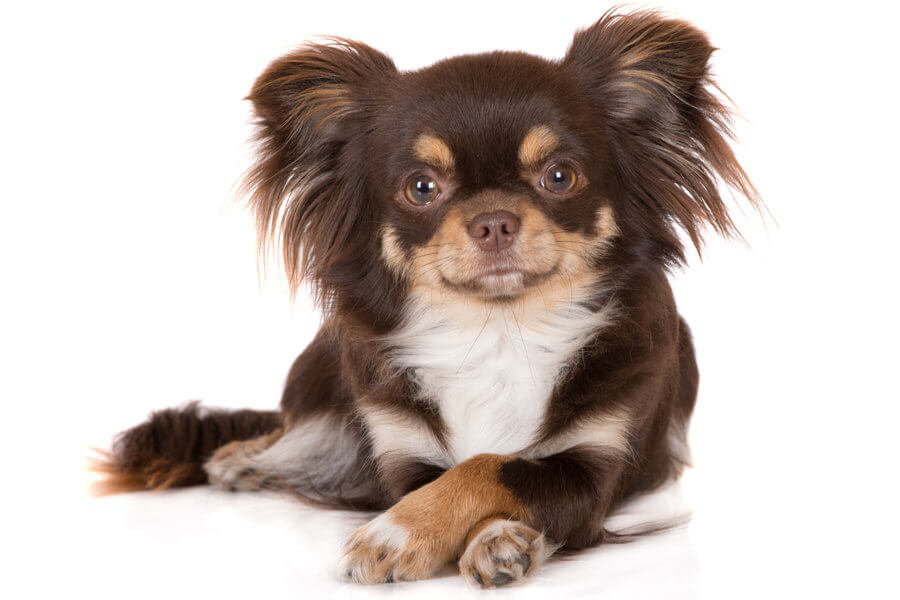
The Chihuahua is a long-lived dog breed that can live for up to 20 years with proper care and a high-quality diet specific to their needs. However, like all breeds, they are prone to certain health conditions. Always purchase a puppy from a trustworthy and licensed breeder to ensure they have been well cared for. A breeder will also perform DNA tests on your pup to ensure there are no underlying health conditions present.
Some of the identified health disorders that may affect long-haired Chihuahuas are:
These dogs are also born with a natural soft spot on the top of their heads, called a molera. These gaps in the skull will eventually close over time but precautions need to be taken against head injuries when your Chihuahua is young.
Chihuahuas may not an excellent choice for people with small children or toddlers because they can be easily injured. Bear in mind that Chihuahuas are small dogs and can, therefore, be easily trampled on.
Any activity between a Chihuahua and a young child should always be well-supervised by an adult. Chihuahuas are naturally cautious around children unless they have been exposed to them from a young age.
Chihuahuas generally get along well with other dogs as long as they have been well socialised from a young age. However, be careful of leaving your Chihuahua with a larger dog because this can lead to injury. These dogs will also get along well with confident cats due to their small size. However, bear in mind that these are high-energy dogs that love a good chase!
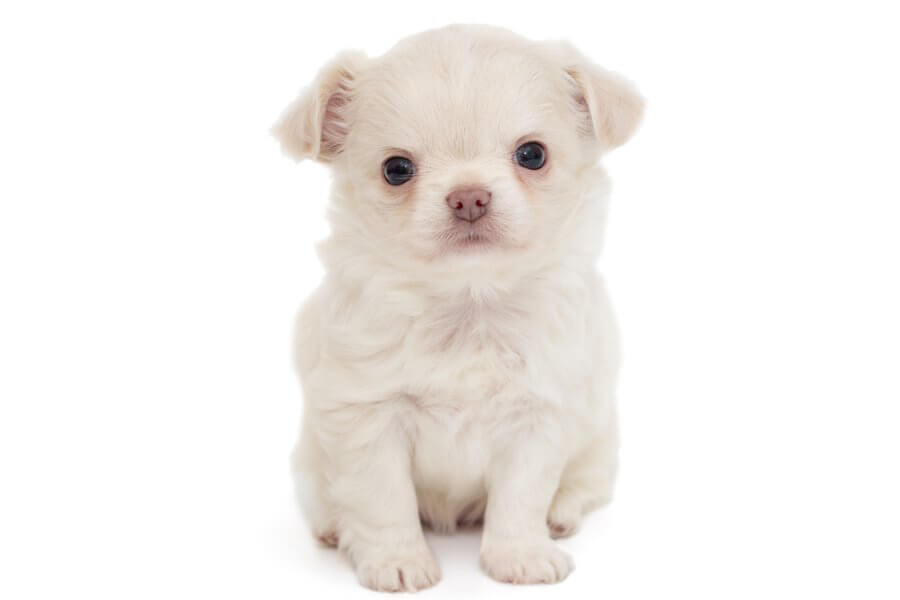
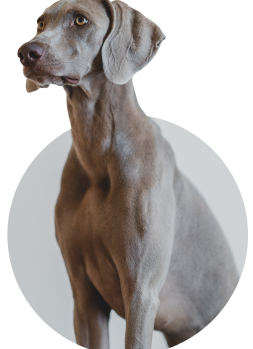
We can connect you with Breeders that are specialized in this particular breed.
See available puppies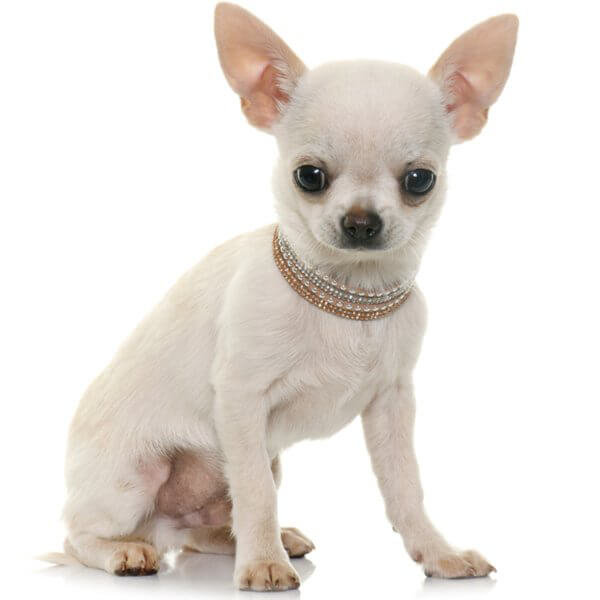
Mexico
Size : Small
Coat : Short
Registration : KC, FCI, AKC
Exercise : 30 minutes
Training : Easy
Grooming : Twice a Week
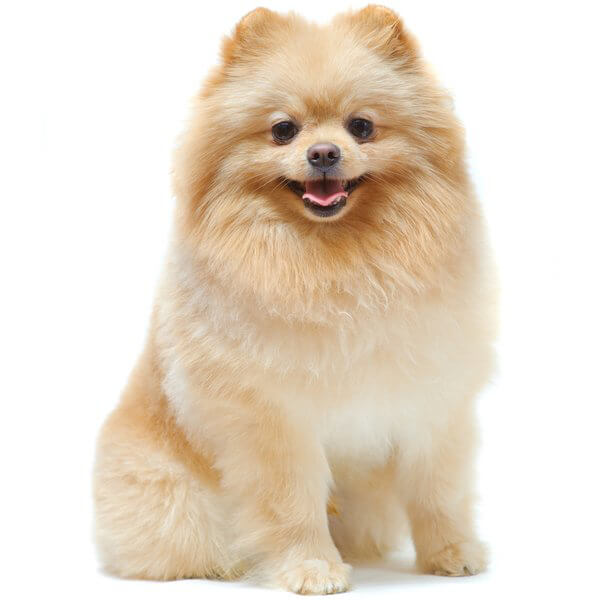
Germany
Size : Small
Coat : Long
Registration : KC, FCI, AKC
Exercise : 30 minutes
Training : Medium
Grooming : Twice a Week
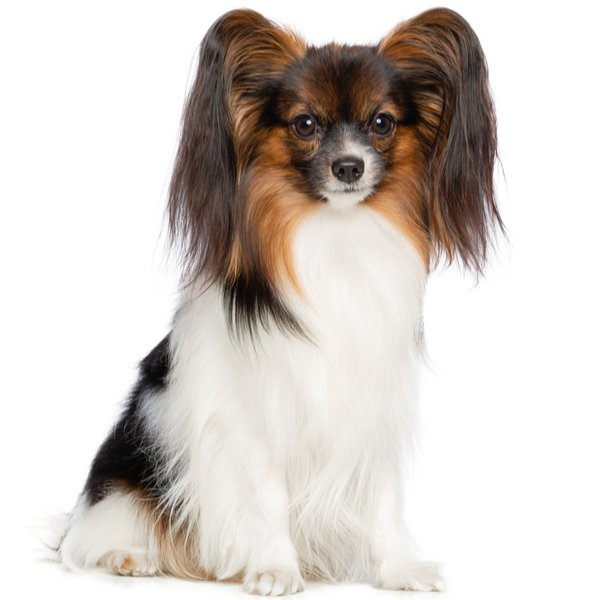
France
Size : Small
Coat : Long
Registration : KC, FCI, AKC
Exercise : 30 minutes
Training : Easy
Grooming : Once a Week
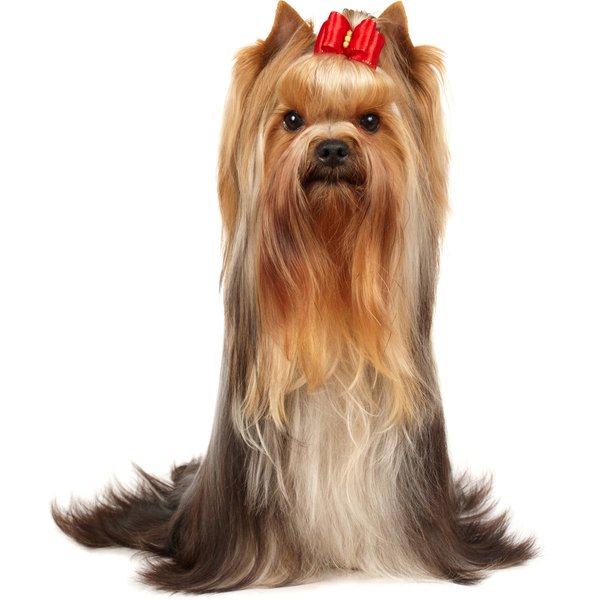
United Kingdom
Size : Small
Coat : Long
Registration : KC, FCI, AKC
Exercise : 30 minutes
Training : Easy
Grooming : Twice a Week


Need some advice?
Whether you're a first time pet owner, an experienced pet owner, a new or long-time breeder, or just curious about pets, we've got you covered!
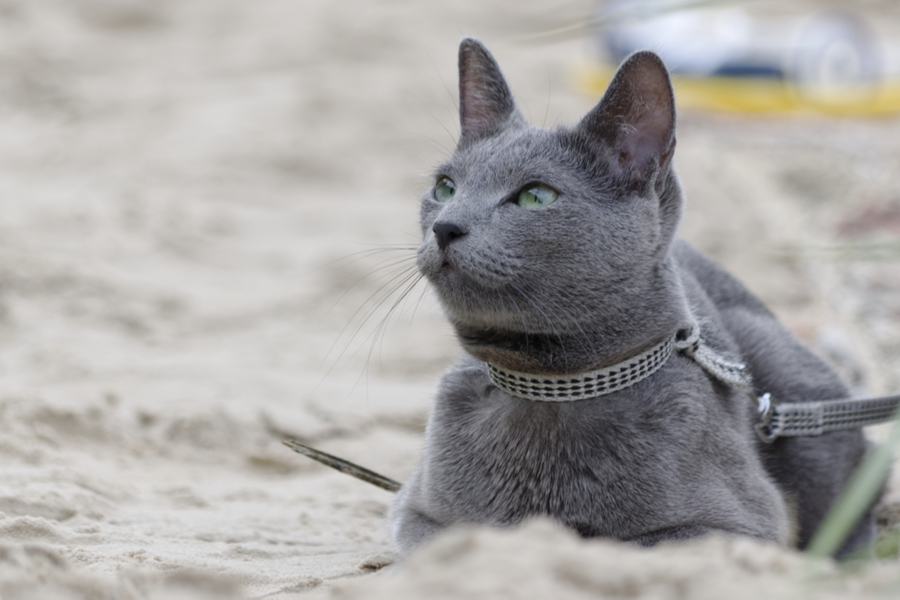
January 17, 2024
What Is The Personality Of Russian Blue Cats?
Russian Blue cats are most known for their distinctive shimmery blue-silver coat and piercing green eyes. However, this breed’s calm and gentle temperament is what makes them shine the most in the feline world.
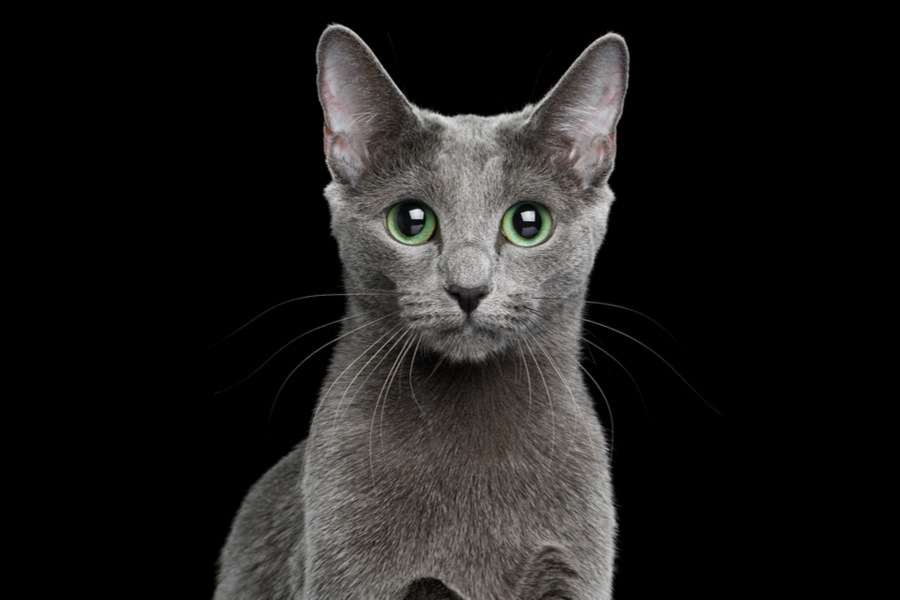
January 17, 2024
10 Facts About Russian Blue Cat Breed
Russian Blues are one of the most aesthetically stunning cat breeds, with a gorgeous plush silvery coat and vibrant green eyes. However, it’s not only their appearance that is beautiful; their nature is too.
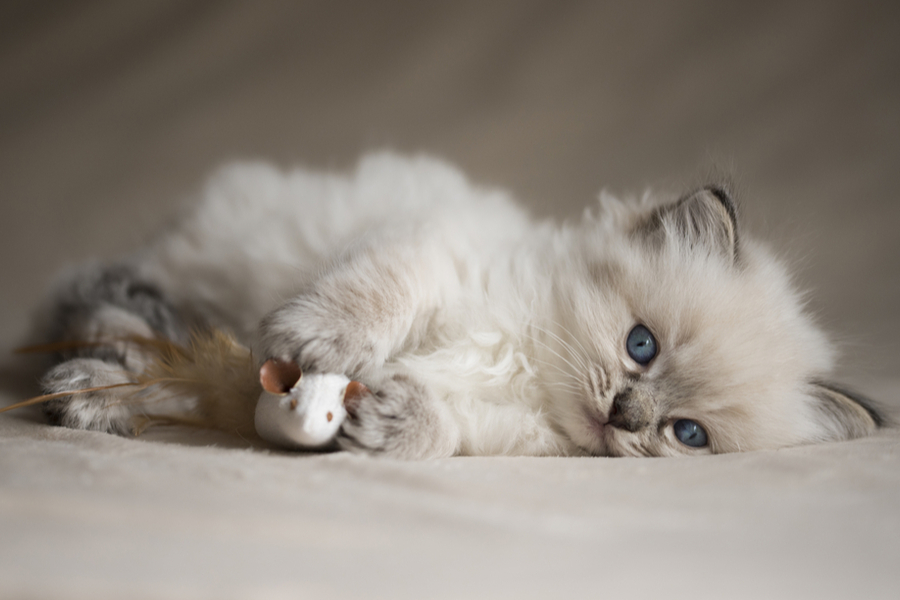
January 17, 2024
How To Choose The Right Cat Breed for You
Cats can make the most fantastic animal companions; they are adorable, friendly, and loving. However, not all felines are created equal. There are many different breeds, of which each has its unique personality traits.
Need some help?
Contact us to speak to our friendly advisor, who will gladly help you find your dream pet!



We are registered in England and Wales under registration number 12568840,
and our registered office is at 58-60 Kensington Church Street, W8 4DB London, England.
© 2023 The Pedigree Paws